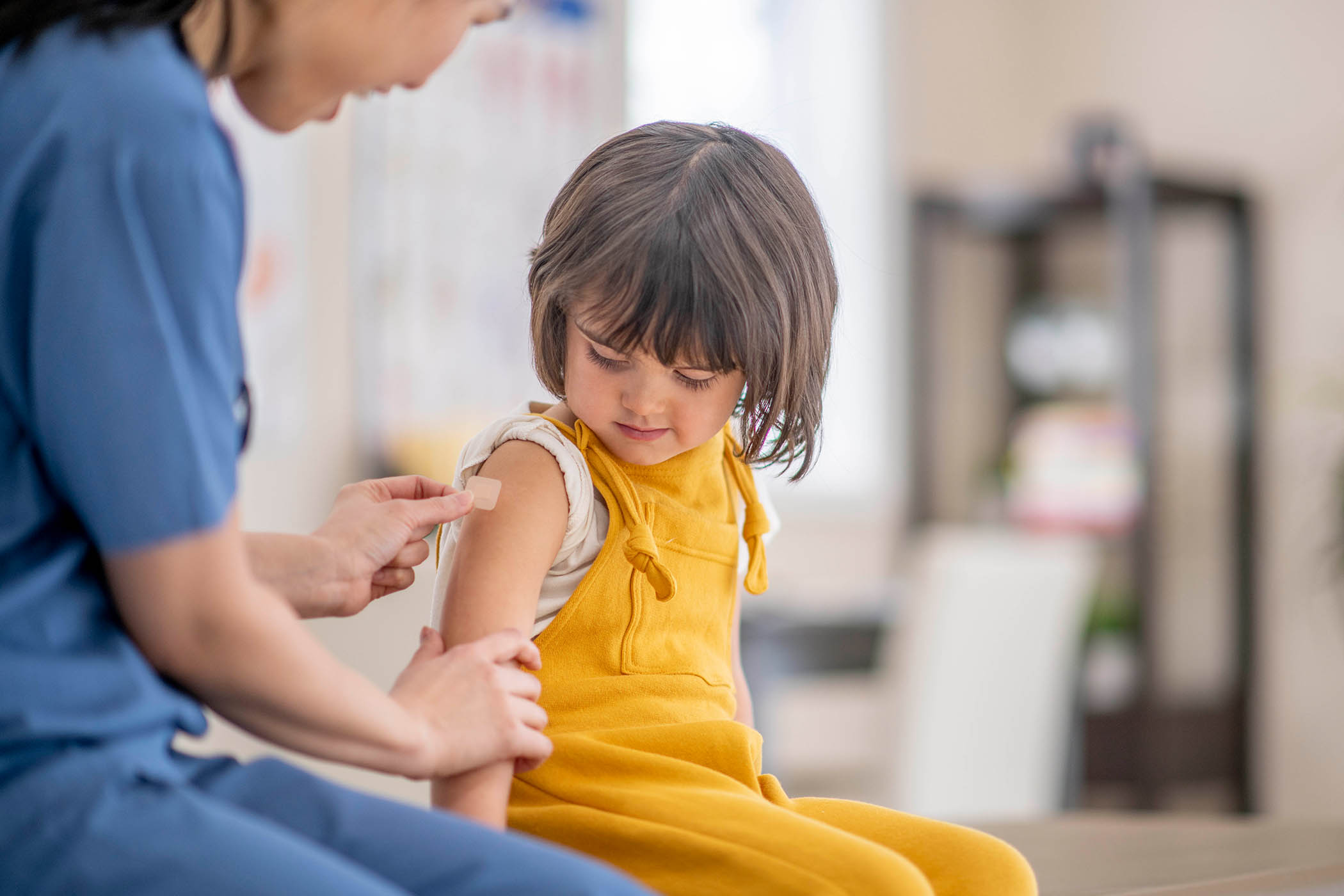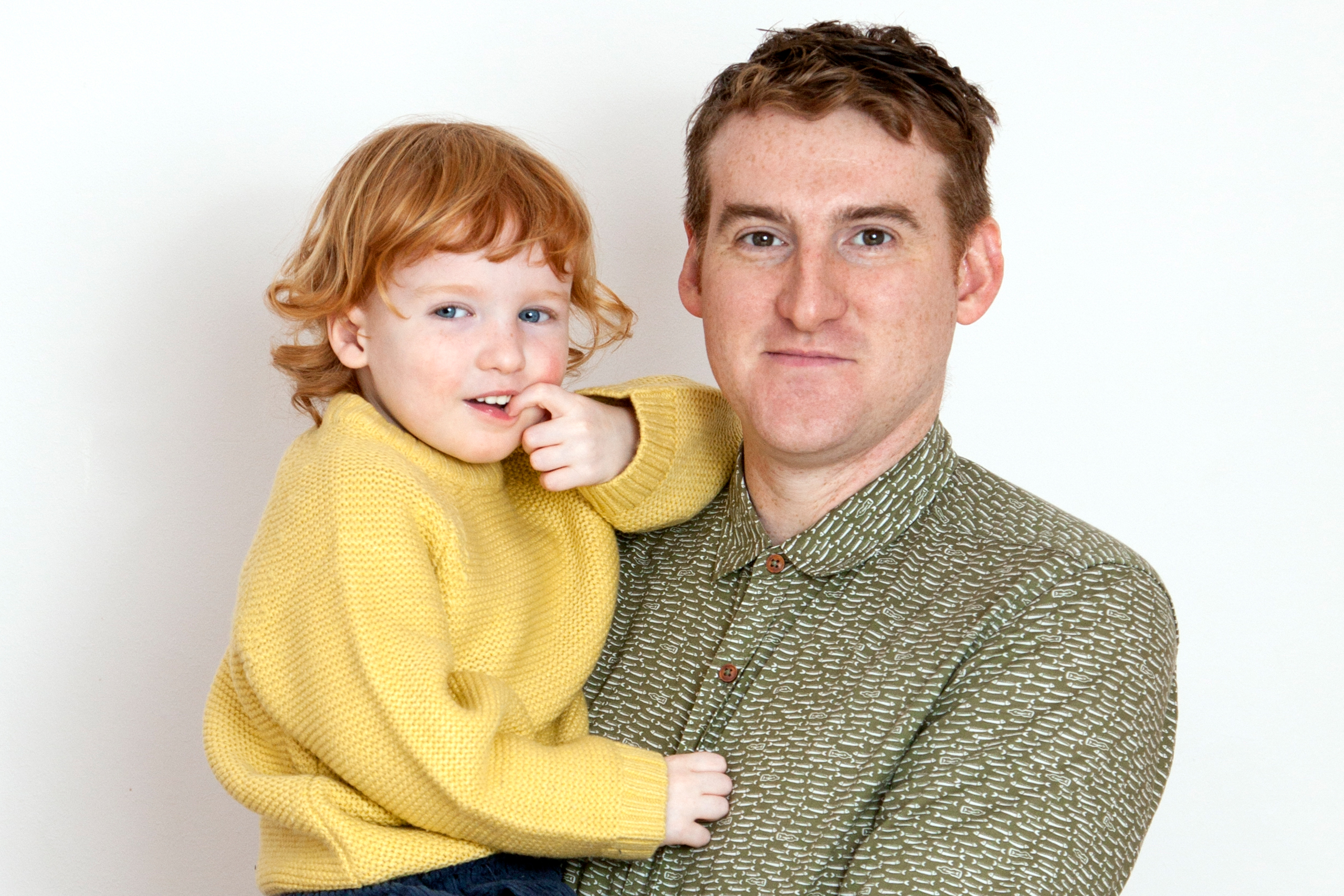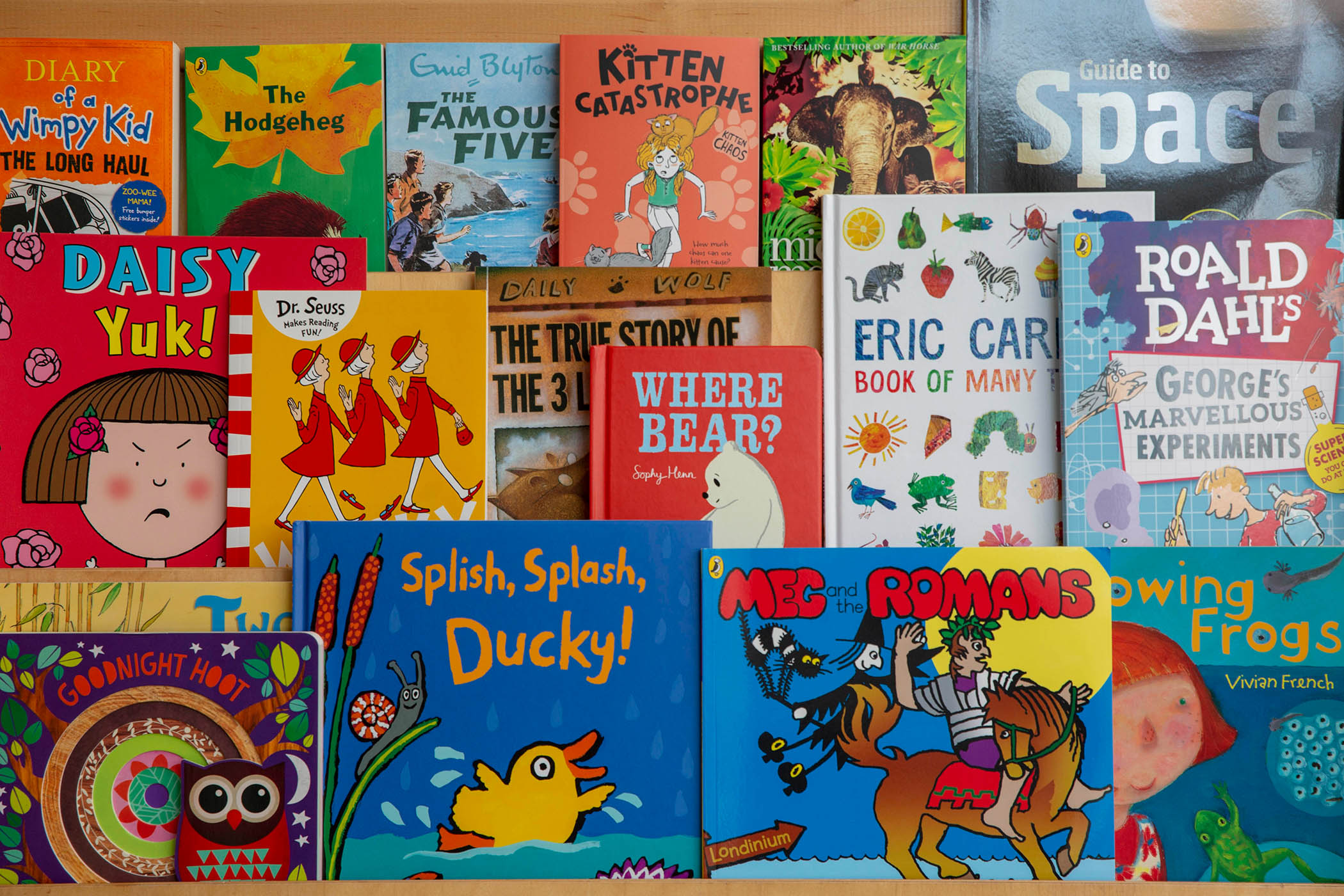Related articles:
My three-year-old daughter is unwell when I get the text. It seems a little pointed, coming as I enter the nursery to pick her up, registering a temperature of 37.9C and complaining about aches and pains. I’ve just bundled her into my arms when my phone buzzes with a message from our local surgery. “Dear Parent/Guardian,” it reads. “A reminder that your child is due for their flu vaccination.” It feels dangerously close to an I Told You So, or those times you stumble on the street and a jocular passerby tells you to “watch your step”, causing you to spend a solid five minutes afterwards imagining all the ways a bus could run him over.
The next two days are spent nursing our little poppet back to full health. She’s entirely fine, in the grand scheme, albeit plaintively miserable and extremely desirous of sympathy. In this respect, she takes to illness the same way I do: as a direct and tragic assault on Earth’s most important resident. But, we both differ from her brother, who appears immune to all disease, and her mum, who has no time for illness full stop. This aspect of her mum’s character appears perfectly admirable when it comes to her capacity for getting on with things when she herself gets sick, but attains a darker guise when I do. Then, I am once again acquainted with her bedside manner, which lies somewhere between Nurse Ratched and RoboCop. Many is the time I’ve awoken from a lurgied stupor to find her staring at me through squinting eyes, as if I, her beloved husband, am a stranger in her home, a passing conman who’s clambered into bed demanding she provide him with care and attention.
Thankfully, she’s a lot more caring towards our daughter – which I notice but make no comment on – and we return her to rude health in no time. On her first day back to school, we are handed immunisation consent forms by both her key worker and my son’s primary school teacher. Both, they say, will be given an inoculation onsite in the next few weeks, should we allow it. I chuckle at the compounding coincidence and take it as a sign from the Almighty – or its earthly representative, the NHS – that there are people looking out for my child with very nearly clairvoyant powers.
I read the form. Beneath the two options for YES – via nasal spray or intravenous injection – there is a red box for those who choose to refuse. There are, of course, valid reasons for refusing this vaccine. In our case, we’ve just made an appointment to get the very same dose from our GP, due to the aforementioned text message instructing us to do so. It’s just that, in seven years of being a dad, I’ve met several kind and thoughtful parents who’ve peddled the “just asking questions” mindset any time the topic of vaccines comes up, and I feel like the tolerance for those ticking that red box because they’ve imbibed scare stories is growing.
This was, after all, the week that America’s president launched a war against paracetamol
This was, after all, the week that America’s president launched a war against paracetamol
This was, after all, the week that America’s president launched a war against paracetamol, during which he and his health secretary also took the opportunity to baselessly smear vaccines as causers of autism. That very morning, I’d watched Nigel Farage bat away the question of whether vaccines cause adverse health effects by saying he simply didn’t know. “I don’t know, you don’t know… When it comes to science I don’t side with anybody. It’s never settled.” A sentiment that ignores the fact that there are few more settled areas of science than vaccine efficacy, or that Reform’s conference had just platformed Dr Aseem Malhotra, the conspiracy quack who blames the Royals’ recent bouts of cancer on the Covid jab.
Measles cases have soared by 20% worldwide in the past year, with 742 cases in the UK alone. In August, shortly after a 10-year-old girl in Liverpool died from the disease, the Royal College of Paediatrics and Child Health stated that the UK’s child vaccination rates have not met the World Health Organisation’s target of 95% since 2021. This rather undersells the situation. Sky News reports that “the England-wide rate for the final quarter of 2024/25 for MMR was 88.8%, down from 92.7% 10 years ago” and that “uptake in some local authorities is as low as 60%”.
Far be it from me to weigh in on an issue that has become so politicised, as merely a parent who wants my children and those of others to stay alive, but I have a sinking feeling. A feeling exacerbated by a single red box on a perfunctory form and the idle chatter of concerned parents who no longer get their vaccine sceptic news from insane websites and specialist cults, but from prime-time appearances by the country’s most prominent politicians and journalists. A feeling that our children might wonder how we all lived through a (hopefully) once-in-a-lifetime global virus that killed millions, was effectively cured by the single most rapid and successful vaccination programme in history and which, immediately afterwards, gave way to anti-science posturing that drove vaccination rates to historic lows.
If our children do ask us how all of this happened, I think we should consider the question very carefully. As we do so, we should thank God, and medicine, that they’re alive to ask it.
Related articles:
Photograph by Getty Images
Newsletters
Choose the newsletters you want to receive
View more
For information about how The Observer protects your data, read our Privacy Policy


